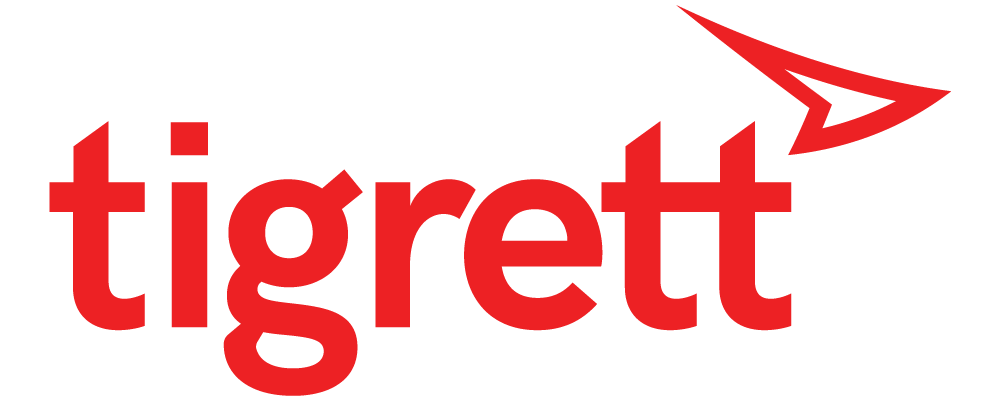4 Easy To Do Small Business SEO Tips for 2019
SEO isn’t for everyone… it’s especially difficult when you have limited resources, time and technical know-how. Despite its foreign and complex nature, effectively positioning a brand within a competitive search environment can’t be overlooked by businesses when 71% of all product or service searches begin with a search engine.
However, there are simple and effective ways small business owners can boost their overall search rankings with little-to-no technical knowledge. While results won’t happen overnight, these four tips will get the needle moving in the right direction. And you can do all of them in about 2 hours!
1. Claim and Update all Third-Party Business Listings
For small businesses, local search results are the key to competing with their big-box counterparts. While the Walmart’s and Home Depot’s of the world have a tremendous amount of resources to throw at their SEO efforts, sometimes all it takes is being just a touch closer to the physical location of the person performing the search.
The first step is claiming and verifying all business listings. Sometimes this is as simple as visiting a website and entering a business name and address. Other times, as is the case with Google, it requires a physical verification via a directly mailed postcard with a verification code.
Step two is ensuring that the business name, address and phone (NAP) are 100% accurate and consistent across the website and all third-party business listings. A tool like Moz Local can quickly check all business listings for inconsistencies and recommend updates. Inconsistencies can cause mistrust among search engines. When search engines don’t trust the information, they are far less likely to show it to potential store visitors.
2. Google Search Console & Bing Webmaster Tools Setup
Google Search Console and Bing Webmaster Tools give website owners more control over the appearance of their search results and more insight into how their site is performing in search. Better yet, they are both free!
Each platform offers a number of ways to verify a site such as an HTML file upload, verification through Google Analytics, verification through GoDaddy and more. Once verified, site owners can import sitemaps, request page crawls for faster page indexing (for example, when a new blog is published), see top performing keywords over time, average keyword rankings and much more.
More importantly, each platform will begin proactively alerting site owners to any potential crawl or indexing issues with their websites, corrupt files or manually issued penalties by Google. All important things to catch and fix early!
3. Download Screaming Frog. It’s Free!
Screaming Frog, for as goofy as the name is and its price tag of free (up to 500 pages), it is one of the most used site crawlers of even the most experienced SEO managers. Put simply, Screaming Frog emulates a search engine crawler and reports to site owners exactly what a search engine sees when it looks at a website.
Screaming Frog will report on all of the website vitals: broken links, oversized images, unindexable pages, titles and descriptions over recommended character lengths. These items are the high impact, low effort items that small businesses need to take care of as soon as they are spotted.
Lastly, Screaming Frog spits out a full crawl report which is every single URL the crawler visited on a website. I recommend using this file to create a list of URLs that search engines can begin ignoring and add it to the robots.txt file to help search engine crawlers work more efficiently. That might sound daunting, but it’s really as simple as cutting and pasting.
Another one of those, “Sounds like a foreign language but is just copy and pasting” tips. While it does require editing an actual file, it is as simple as pasting a single block of text.
4. Implement JSON Schema Markup – The Easy Way
Ever wonder where Siri, Google, and Alexa get their voice results? Or how Google returns answers right in the search results? What about how some sites show customer reviews in the search results? Schema markup, that’s how.
While there is no direct boost to overall search rankings, having schema markup added to a site can result in more prominent search results which stand out to visitors naturally attracting more clicks. When competitors are lacking schema, it can help a business ranked below their competitors on desktop, leap to the top of voice searches for contextual searches such as “restaurants near me.”
Thankfully, a handful of generators have popped up to level the playing field. Filling in a few basic pieces of information: business name, operating hours, business logo, services offered and pricing will generate a small piece of text which can be added to any global site file such as the header.
Just like that, Alexa can finally understand your business hours and address!
Let The Fun Begin
These four tips are all cost-free and require only a couple of hours to implement. But, all four of these tips are just the tip of their respective icebergs. Once you’ve got these basic implementations complete, a little bit of intuition can unlock a whole trove of advanced SEO tactics. For example, additional schema markup can pull actual products or menu items directly into your search results!
However busy you may be, I do recommend carving out a couple of hours to knock out these four items. Like our mobile optimization tips, these SEO tips will continue to drive results well into the year and set your business up for long term organic traffic success.



